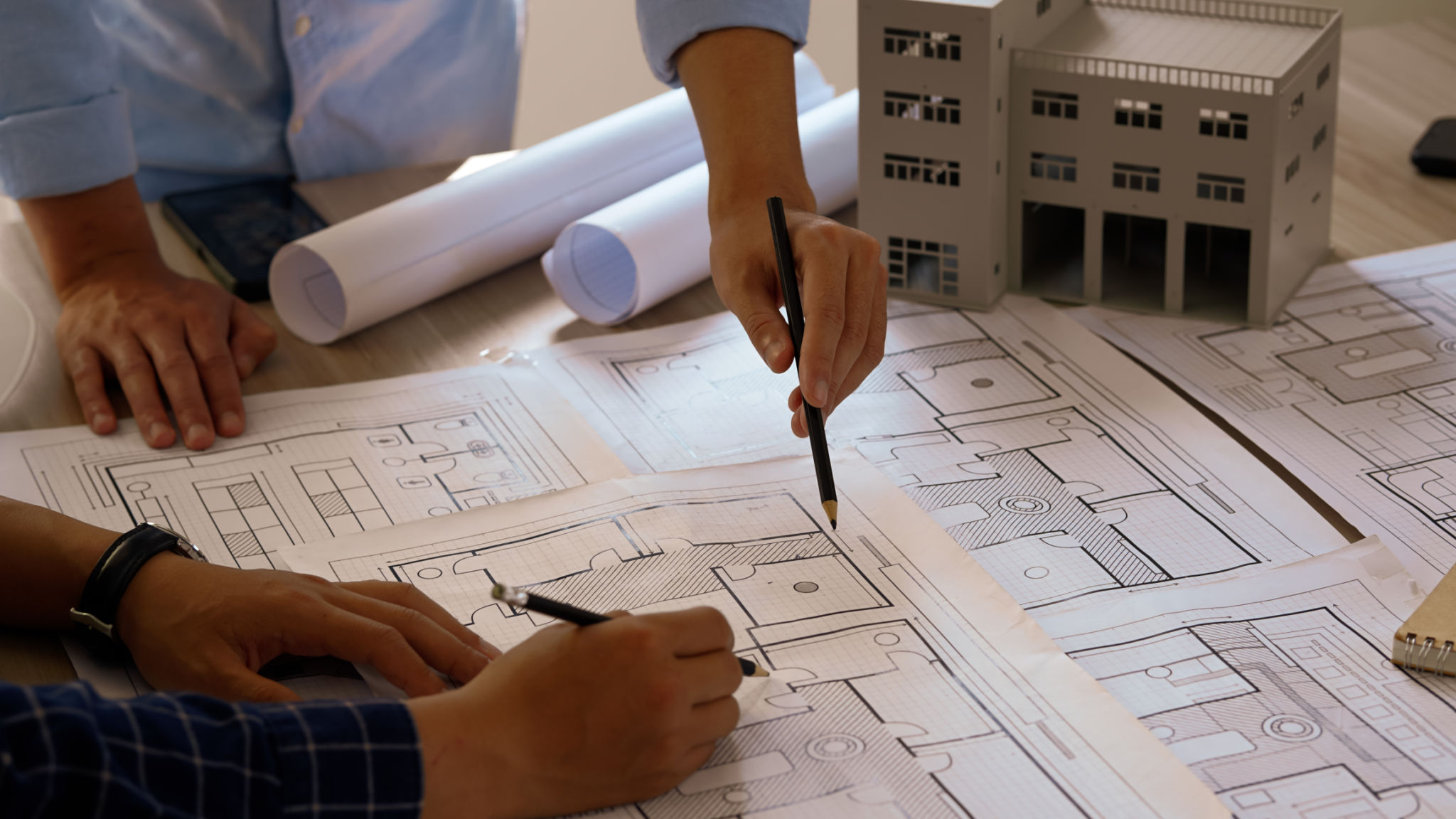Understanding Local Building Regulations in South Florida: A Contractor's Insight
Introduction to Local Building Regulations
Understanding local building regulations is crucial for contractors working in South Florida. These regulations ensure that construction projects meet safety standards and comply with environmental guidelines. As a contractor, being well-versed in these rules can help prevent costly delays and ensure smooth project execution.

Why Are Building Regulations Important?
Building regulations are designed to protect the health, safety, and welfare of the public. In South Florida, these regulations are particularly important due to the region's unique environmental challenges, such as hurricanes and flooding. Compliance with these regulations helps minimize risks associated with these natural events.
Ensuring Structural Integrity
The structural integrity of buildings is a primary focus of local regulations. Contractors must adhere to specific codes that address the strength and stability of structures. This includes using appropriate materials and construction techniques that can withstand extreme weather conditions.
Environmental Considerations
South Florida's building regulations also emphasize environmental sustainability. Contractors are encouraged to use eco-friendly materials and implement energy-efficient designs. This not only benefits the environment but can also lead to cost savings for clients.

Navigating the Permitting Process
Obtaining the necessary permits is a critical step in any construction project. In South Florida, this process can be complex due to the variety of permits required, which may include zoning, building, and environmental permits. Understanding the requirements and timelines can help contractors avoid delays.
- Zoning Permits: Ensure that land use is compatible with local zoning laws.
- Building Permits: Required for new constructions, alterations, or demolitions.
- Environmental Permits: Necessary for projects impacting wetlands or other protected areas.
Best Practices for Compliance
Staying compliant with building regulations requires diligence and proactive planning. Here are a few best practices:
- Stay Informed: Regularly review updates to local building codes and regulations.
- Engage Experts: Hire knowledgeable professionals who specialize in compliance issues.
- Maintain Documentation: Keep detailed records of all permits, inspections, and approvals.

The Role of Inspections
Inspections play a vital role in ensuring compliance with South Florida's building regulations. These inspections are conducted at various stages of construction to verify that work is being done according to approved plans and codes. Failing an inspection can result in project delays and additional costs.
Contractors should schedule inspections promptly and ensure that all work is completed to the standards expected by inspectors. This proactive approach helps maintain project timelines and avoids unnecessary complications.
Conclusion
Understanding and adhering to local building regulations is essential for contractors working in South Florida. By focusing on structural integrity, environmental considerations, and compliance with permitting processes, contractors can ensure successful project outcomes. Staying informed and engaging with experts will help navigate the complexities of these regulations, ensuring both compliance and customer satisfaction.